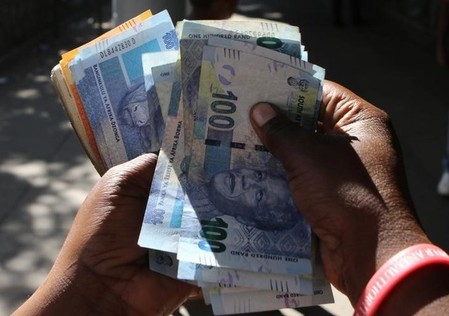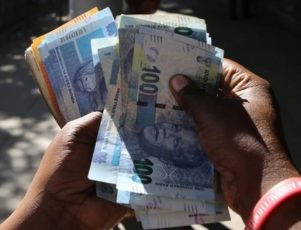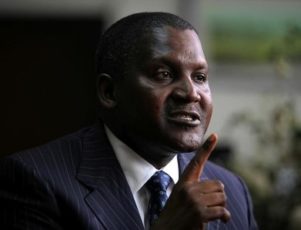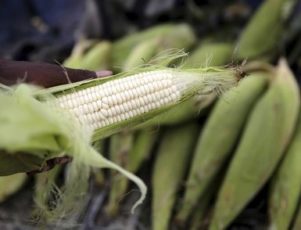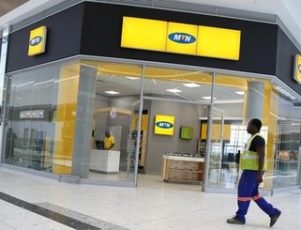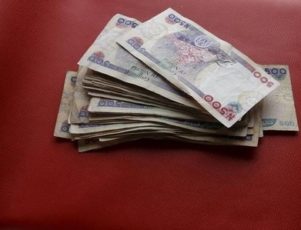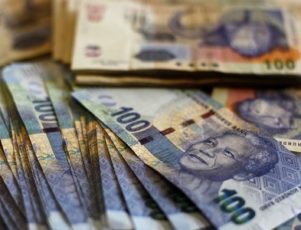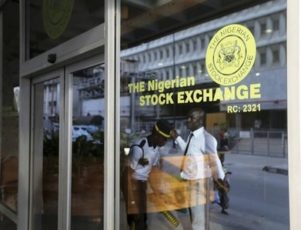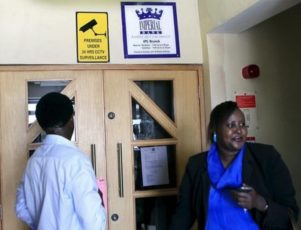JOHANNESBURG (Reuters) – South Africa’s rand recovered some its losses against the dollar after falling heavily on Friday as Britons voted to quit the European Union, stunning emerging markets currencies.
Stocks also suffered, but gold shares soared in tandem with the metal’s price which surged 8 percent to its highest in more than two years as demand for safe havens assets like bullion and silver rose after the shock vote to leave the EU.
Investors fear Brexit could spark anti-establishment movements in other European countries, some of which have seen decline in traditional political parties.
South African President Jacob Zuma said local banks and financial institutions could withstand the Brexit shock, as they did during the 2008/09 global financial crisis.
Finance Minister Pravin Gordhan said Treasury and the central bank would take measures to deal with any Brexit shocks to Africa’s most industrialised country, which has strong trade ties with the EU.
By 1200 GMT, the rand was 4.52 percent weaker at 15.0510 per dollar after tumbling more than 8 percent in early trade to a three-week trough of 15.6800. The rand closed at 14.4400 in the previous session.
Implied volatility on the rand jumped 16 percent to six-month highs in an already highly traded session.
Capilis Asset Managers head of forex Giacomo Bonavera said the rand decline was over done. “The sellers will come back in and bring the price back down,” he said.
Government bonds also weakened, with the yield on the benchmark instrument due in 2026 adding 25 basis points to 9.13 percent, having jumped as much as 28.5 basis points earlier.
On the bourse, the JSE securities exchange’s Top-40 blue chip index dropped 4 percent to 45,502 points, while the broader All-Share index slumped 3.7 percent to 51,579 points in line with global weakening of equities due to Brexit.
Most shares were in the red with exception of gold miners.
The biggest losers were real estate firms Capital & Counties Properties and Intu Properties, who both have interests in the United Kingdom, and fell 17 percent and 14 percent respectively.
Financial services firm Old Mutual, which has a primary listing in London, and food services firm Bidcorp, which makes nearly half its sales in Britain, fell 7 percent.
Anglogold topped the gainers on the bluechip index, soaring as much as 14.54 percent to 267 rand, while Sibanye Gold, Goldfields and Harmony also shone on the wider index, each rising more than 16 percent.
(Reporting by Mfuneko Toyana; Editing by James Macharia)
